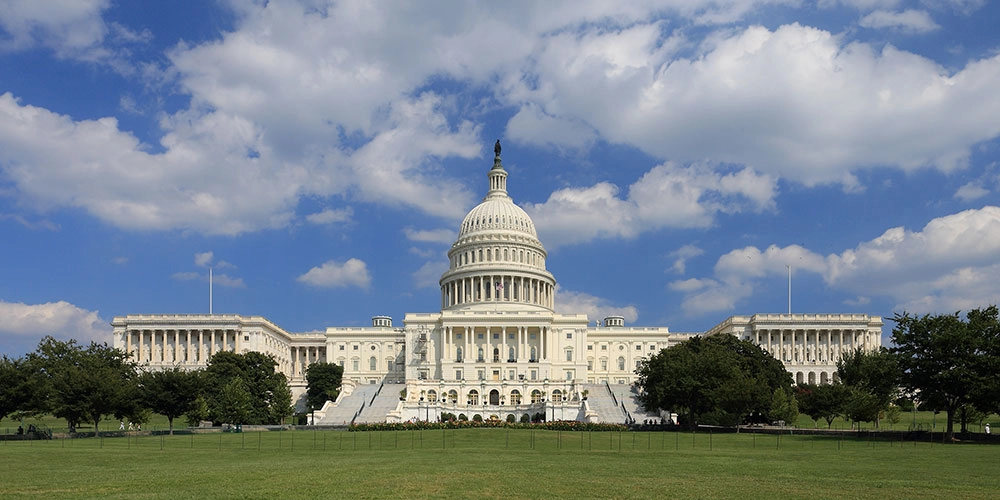 By Matt Kiernan
By Matt Kiernan
An internationally recognized economist visited CCSU last week to explain how the world got into the current economic crisis and the steps to be taken on the way out.
“Many people blame greed for the current financial crisis,” said Polish economist Leszek Balcerowicz in Torp Theatre last Wednesday. He is the former chairman of the National Bank of Poland.
Balcerowicz added that blaming greed is too simplistic an answer to global economic problems.
He says the crisis erupted in the financial sector, which inevitably affects the rest of the economy. When the United States suffers from an economic crisis, a crisis spreads world wide because of its major influence on foreign markets.
Balcerowicz asked if human behavior has changed at all in recent years and says it is unconvincing to blame greed and capitalism for the crisis. One of the most important factors of an economy is private ownership and markets, and those are what make up capitalism.
He said the major problem of the crisis was public policy errors, which led to too much credit being given to people looking to buy homes. In order to look at the cause of the financial bust, one must look at the cause of the boom, or what led to prosperous times before the crisis.
“Interest rates were lowered to dangerous levels,” said Balcerowicz. He referred to the decision by the Federal Reserve to lower interest rates to one percent in a series of interest rate cuts headed by then chairman of the Federal Reserve Alan Greenspan.
Political pressures on mortgage security companies Fannie Mae and Freddie Mac caused them to give away too much credit for people to buy homes. Official regulations were found to be ineffective by excessive risk taking.
“Monetary policy has to be more conservative in comparison to the one that’s been carried out,” said Balcerowicz.
He also says that monetary policy may not be enough and that micro-production regulations and technical work is needed.
The country is greatly increasing its public debt and if it continues to do so, it wouldn’t be able to carry the burden at the rate of its gross-domestic-product.
Balcerowicz said people think financial systems are too big to fail, which causes undue trust.
“There are not many financial crises that fit the current model, so there’s much room for error,” said Balcerowicz, describing the chance for problems to arise while coming up with solutions.
He advised that people should not hinder private businesses and that they’re the keys to improving the economy. People should instead help private investment grow and be profitable.
It would be short-sighted to listen to economist John Maynard Keynes’ belief of not worrying about the long-run because “in the long-run we’re all dead,” said Balcerowicz. The economist Keynes, who heavily influenced British ecnomics in the World War II era and beyond, is known for his interventionalist policies on controlling recession.
Balcerowicz said the accumulation of large amounts of public debt is leading towards a need for a much more analytical approach to fiscal and monetary policies.
He explained that citizens need to analyze the growth of conglomerates and get rid of current public policies. He said the requirements for forming conglomerates are much too easy and they need to be more difficult.
“If you overspend, you pay the price,” said Balcerowicz, who added there needs to be a reduced role of politics in the economy and that education and technology need to be made more efficient.






